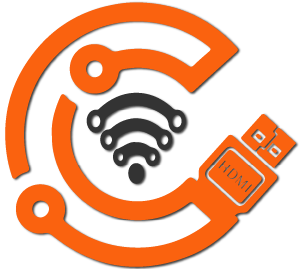With the digital world booming, exploring the internet is akin to navigating a vast ocean teeming with both wonders and hidden dangers. To protect your cybersecurity, adopting safe browsing habits is imperative. Let’s delve into each practice more deeply, providing you with the best strategies to safeguard your online journey.
Assessing Website Security
Internet safety begins with discerning which websites are secure. Websites starting with ‘https://’ employ encryption to protect your data, while ‘http://’ websites lack this security. Secure sites also typically display a padlock icon in the address bar. Before providing any personal or financial details, ensure that the website is secure to prevent data theft or other cybersecurity breaches.
Judicious Clicking
The internet is saturated with links, and not all of them lead to benign destinations. Exercise caution when clicking on links, particularly those from unverified sources. Links embedded in emails, pop-ups, and social media posts can redirect users to harmful websites or prompt the download of malicious software. When uncertain, hover over the link to display the actual URL before clicking. This simple act can help steer you clear of cyber threats.
Regular Software Updates
Maintaining up-to-date software plays a critical role in safe browsing. Regularly update your web browser, operating system, antivirus software, and any other applications you use. These updates often contain patches for security vulnerabilities that could be exploited by cybercriminals. Automate updates where possible, ensuring you’re always equipped with the most current security defenses.
Discerning Downloads
Each time you download a file or software from the internet, you run a risk. Only download from trusted, reputable sources to minimize this risk. Email attachments warrant extra scrutiny, especially if unexpected. Before downloading, verify the sender’s identity and confirm the nature of the attachment.
Robust Password Creation
The strength of your online security is intrinsically tied to the robustness of your passwords. Create strong, unique passwords for all your accounts, using a combination of upper and lower case letters, numbers, and symbols. A password manager can remember all your passwords, adding an extra layer of convenience to your enhanced security.
Guarding Personal Information
Exercise caution when sharing personal information online. Be skeptical when prompted to enter your address, phone number, or financial details on a website, particularly if its security is questionable. Unsolicited requests for personal information should always be met with suspicion, and sensitive data should never be shared via email or social media.
Utilizing Antivirus Software
Reliable antivirus software provides a powerful shield against a variety of online threats. It can identify and block malicious websites, scan downloads for malware, and protect your personal information. Regular updates will ensure your antivirus software is equipped to protect against the latest threats.
Deploying Firewall Protection
A firewall acts as a digital shield between your device and the internet, blocking potential threats. While it’s not a standalone security solution, using a firewall alongside other measures, such as antivirus software and safe browsing habits, significantly enhances your online security.
Safe browsing habits are your compass and anchor in the vast digital ocean. By diligently following these practices, you can chart a course through the internet with confidence, secure in the knowledge that your cybersecurity is fortified against potential threats. Set sail, explorers, and enjoy the wonders of the internet with peace of mind.

No responses yet